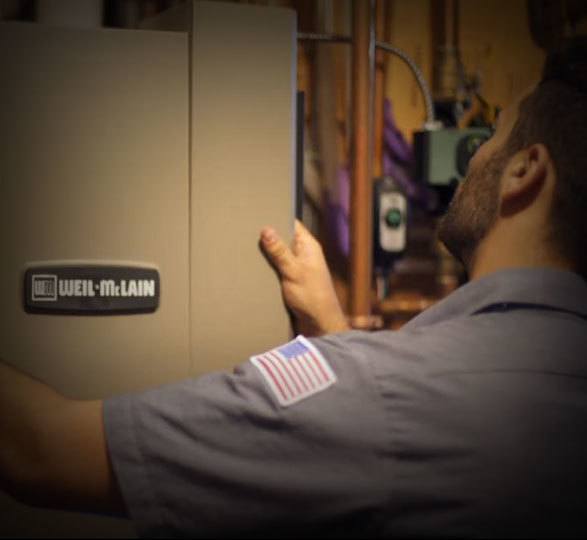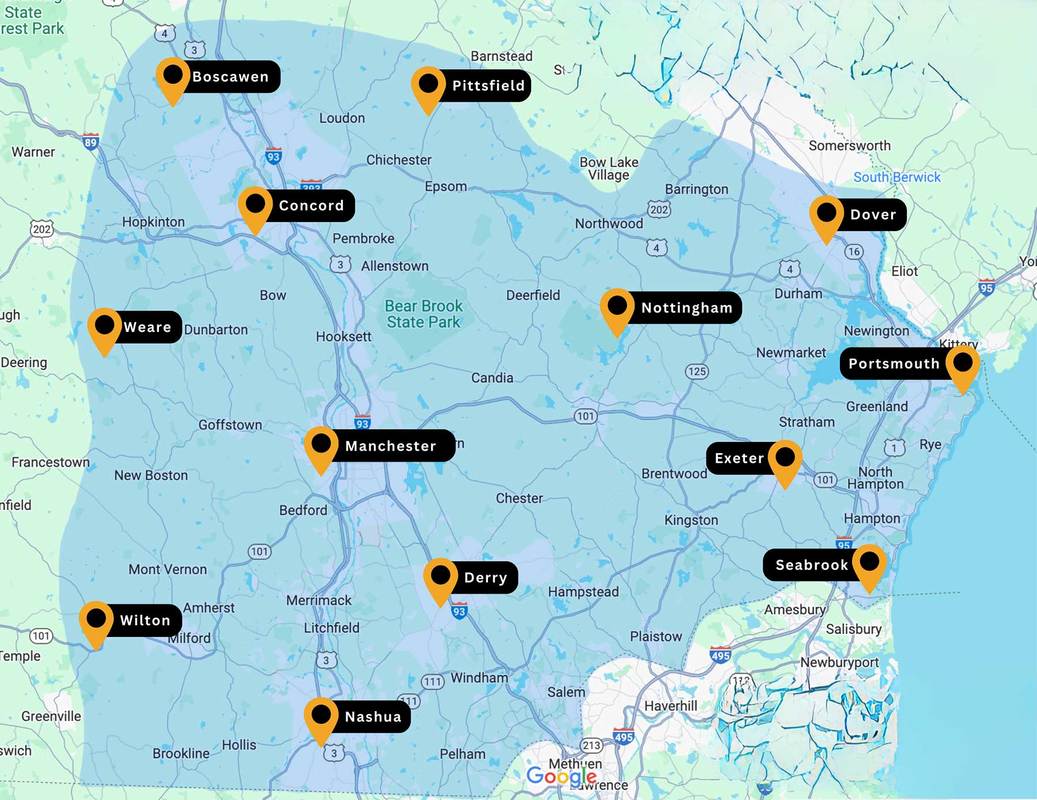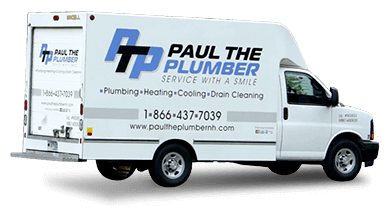
Boiler inspections are a necessary expense for any business that uses industrial boilers. Boilers are high-powered pieces of equipment that operate under extreme pressure and withstand extreme swings in temperature.
Making sure that boilers are properly running is critical to ensure the integrity of the equipment and the safety of those using it. Without regular inspections, a small issue will go unnoticed and could worsen over time.
In the worst-case scenario, boiler issues can lead to an explosion that will cause serious injury or even death to those working nearby.
This article covers what is involved in a boiler inspection, boiler inspection checklists, and boiler inspection requirements.
What Does a Boiler Inspection Check?
Boiler inspections generally involve conducting various tests to ensure that a boiler has no underlying issues and functions effectively and efficiently. These tests need to be performed both inside and outside the boiler. The goal is to identify potential problems that need repair.
A thorough inspection is more than just remote tests and visual confirmation. In some internal boiler inspections, an inspector will have to physically go inside the boiler, requiring temporary scaffolding.
Visual Inspection
The inspector will visually inspect the entire boiler to look for signs of damage or visible areas of distress. The inspectors have a trained eye and may see issues that may not be visible to an untrained operator. They are also skilled at determining the difference between normal wear and tear and serious issues that require maintenance.
Testing Controls
Boilers have several safety mechanisms and controls that the inspector will test to ensure they operate correctly. The inspector may test critical controls two or three times to ensure consistent functionality.
Testing Air Flow
The inspector will check the route of the combustion release pipe to make sure there are no obstructions. They will also test the flue terminals and make sure that the flue is fitted properly.
Inspection of the Main Boiler Components
The inspector will remove, disassemble, inspect, and clean the main components to ensure they don’t have any defects and are functioning properly. Some of the main components include the main burner, the heat exchanger, and the ignition pins.
Boiler Inspection Checklists
Generally, boiler servicers will have a boiler inspection checklist. The checklist may include the items mentioned above in addition to items such as:
- Ventilation testing
- Testing wiring connections
- Testing ventilation
- Boiler stress testing
- Pressure flow testing
A checklist ensures that no tests or checks are missed and creates a record that can be used by the boiler owner or the next technician. Checklists may vary depending on the type of boiler. For example, a checklist for a residential boiler inspection will be different from a steam boiler inspection checklist.
Using Drones in Boiler Inspections
A recent trend is integrating the use of drones into the inspection process. This integration allows a thorough visual inspection without the need to send a human to all physical locations. There are obvious safety benefits to keeping an inspector out of potentially dangerous situations, but drones also have other benefits.
First, drone usage can decrease the boiler inspection cost by 90% in some cases. Drones are also capable of gathering more accurate data than human inspection.
More accurate readings help inspectors determine whether certain components need a closer inspection or repair. Finally, drones allow companies to conduct inspections more often, improving boilers’ overall safety and efficiency.
Boiler Inspection Requirements
Boilers are extremely dangerous and can cause serious injury or death if they malfunction. Because of this, the processes for inspecting them are very detailed, and inspections are required by law.
Professional associations have developed standards and codes for boilers, such as the American Society of Mechanical Engineers (ASME). The American Petroleum Institute (API) has developed standards for boiler inspections that most inspectors follow.
Boiler inspections cannot be conducted by just anyone. A certified inspector must do each inspection, and usually in partnership with an employee from a formal inspection body.
State Boiler Inspections
Although national boards and associations are involved in setting the standards for boiler inspections, the specific requirements are governed by each state. Most states have a particular code controlling required boiler inspection frequency, who must conduct the assessment, and what must be inspected.
Boiler inspections are highly technical and detailed and are performed by highly trained professionals. While the testing may seem expensive and overly thorough, it is critically important to maintain the safety and efficacy of the boiler. Regular inspections ensure that the chance of a mishap is minimized. Call Paul The Plumber for all your boiler services today!









